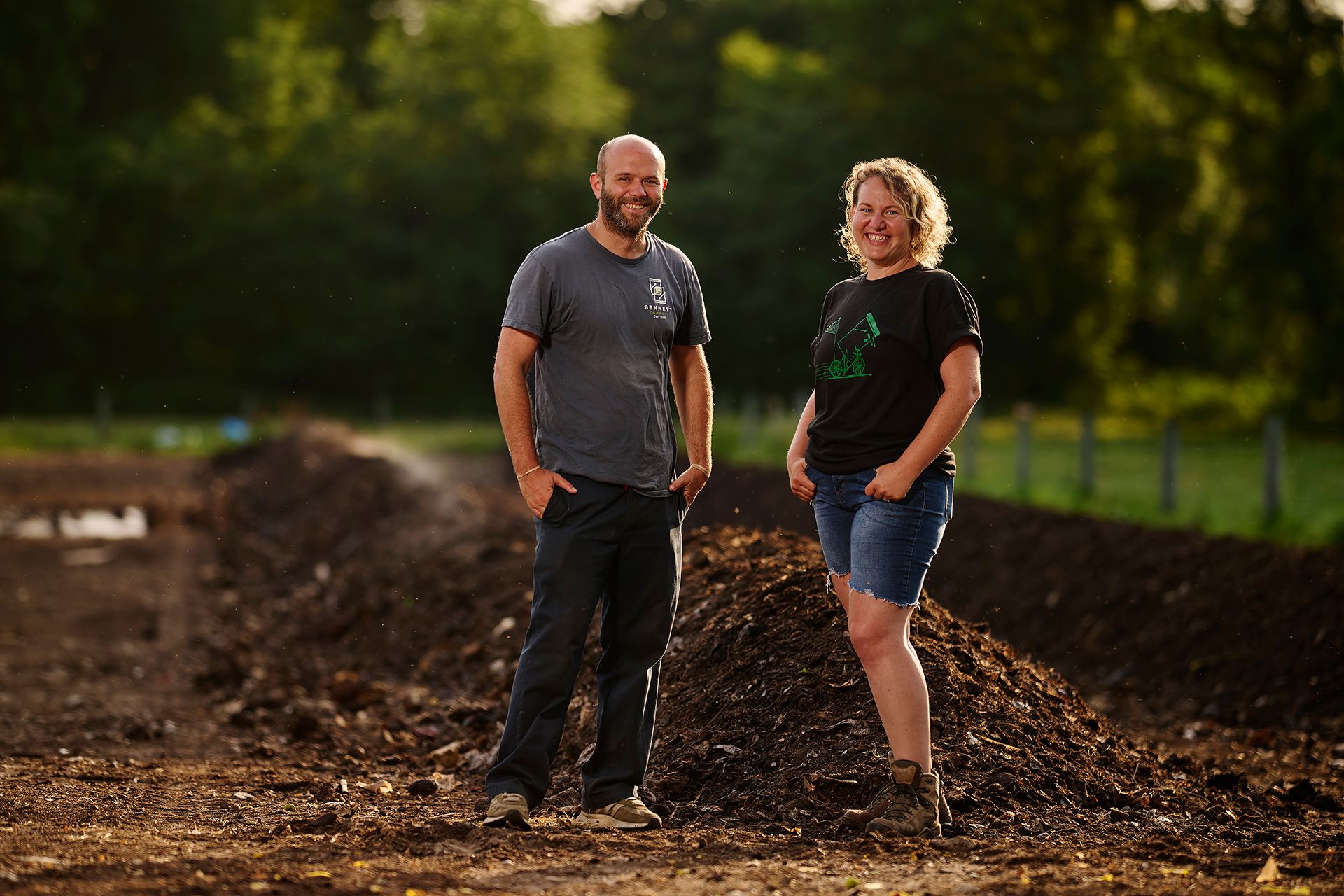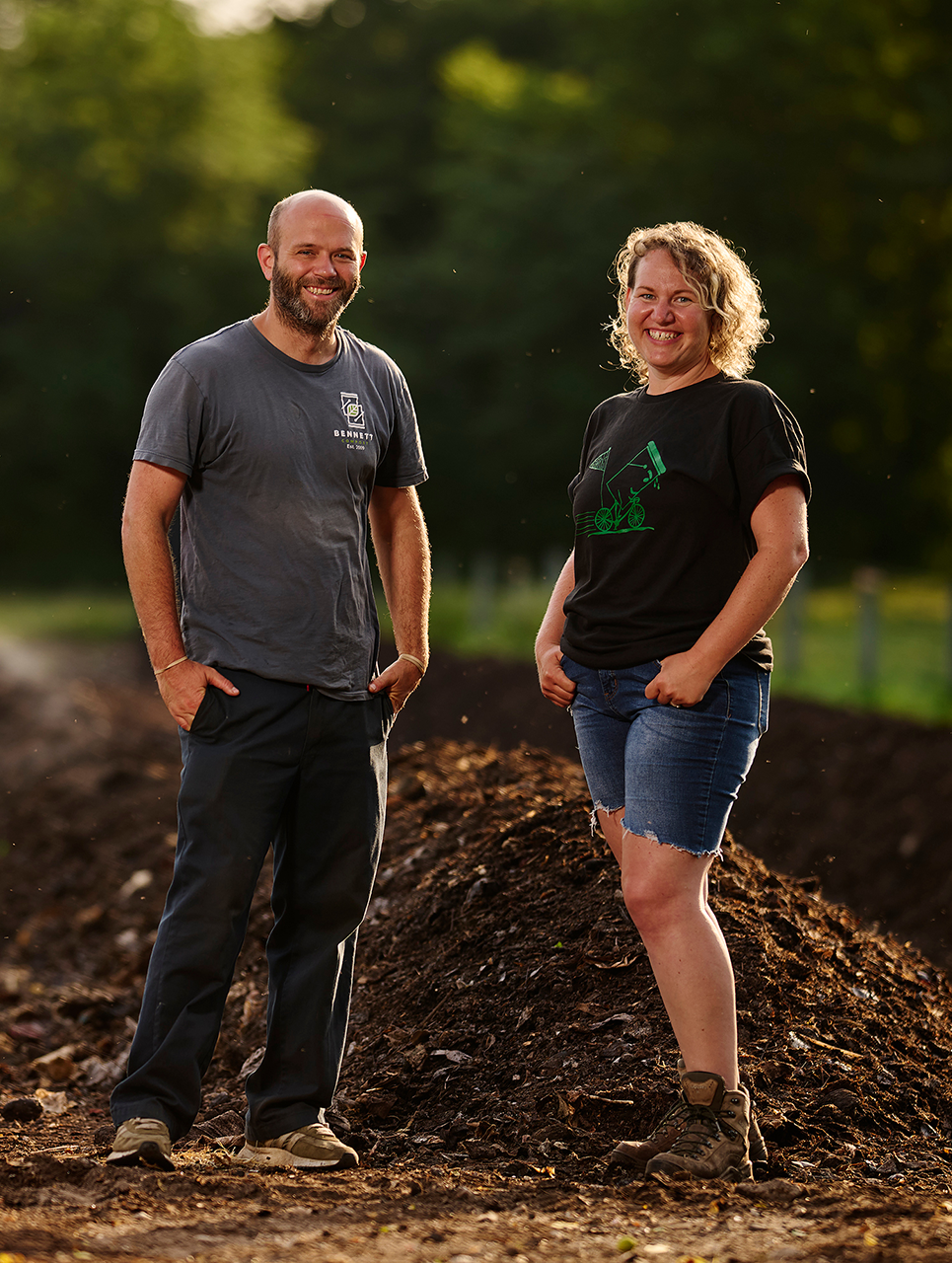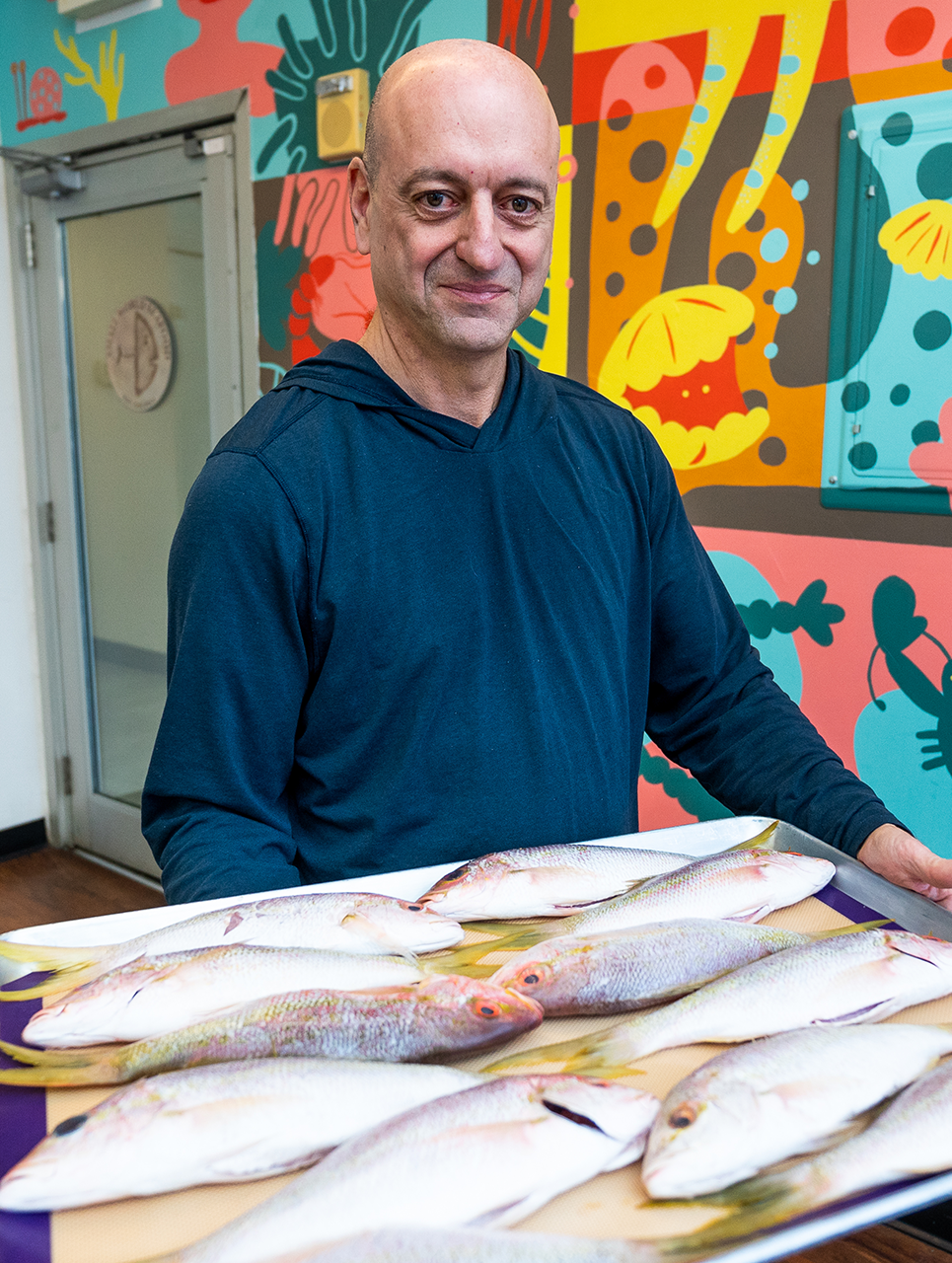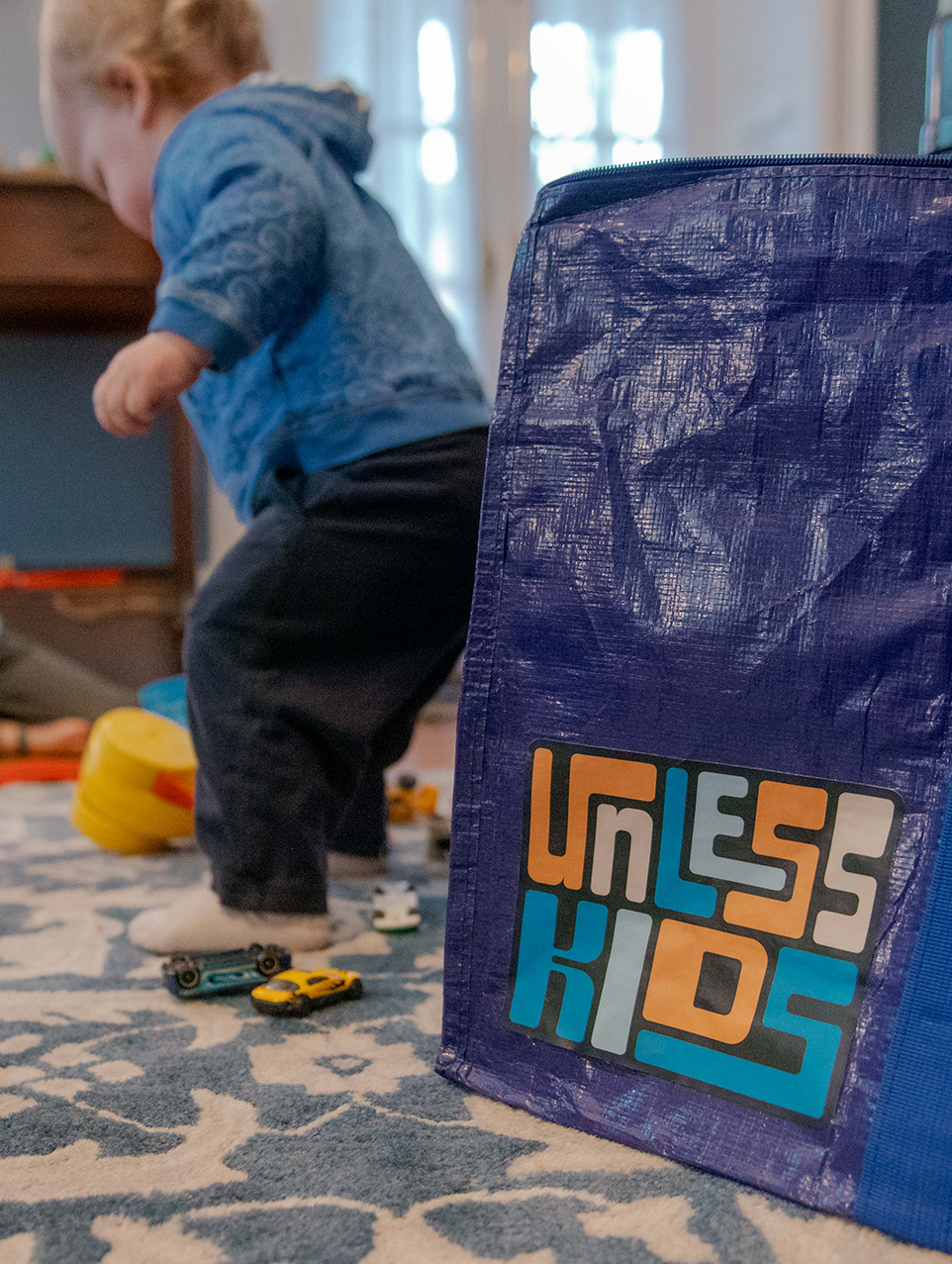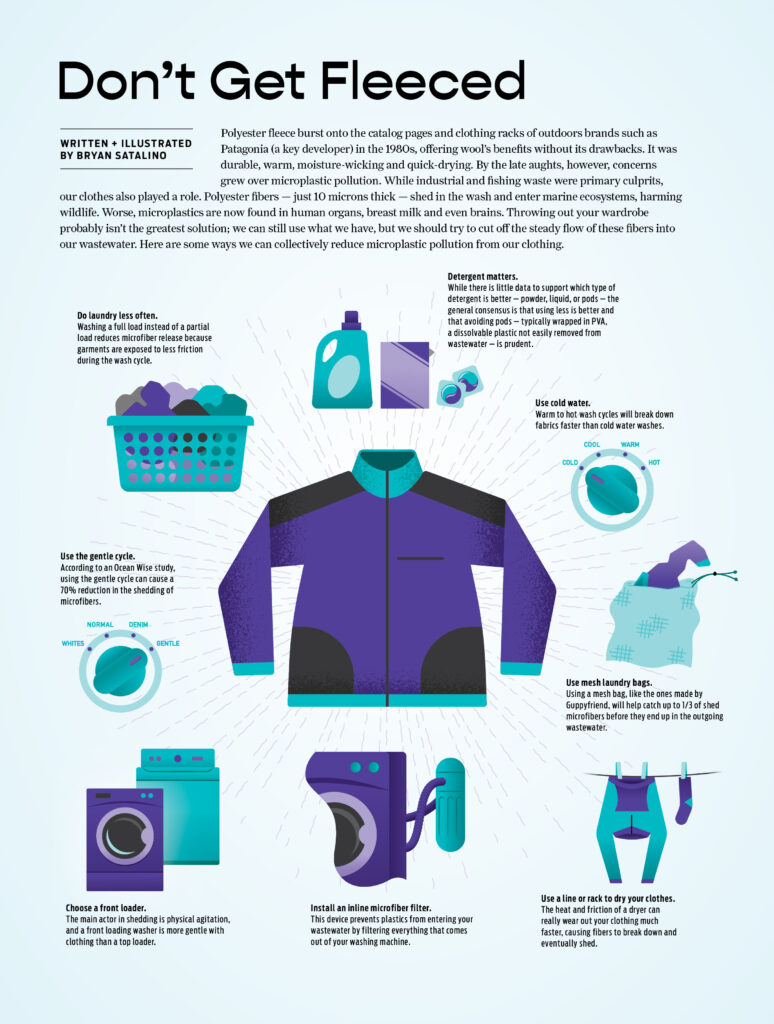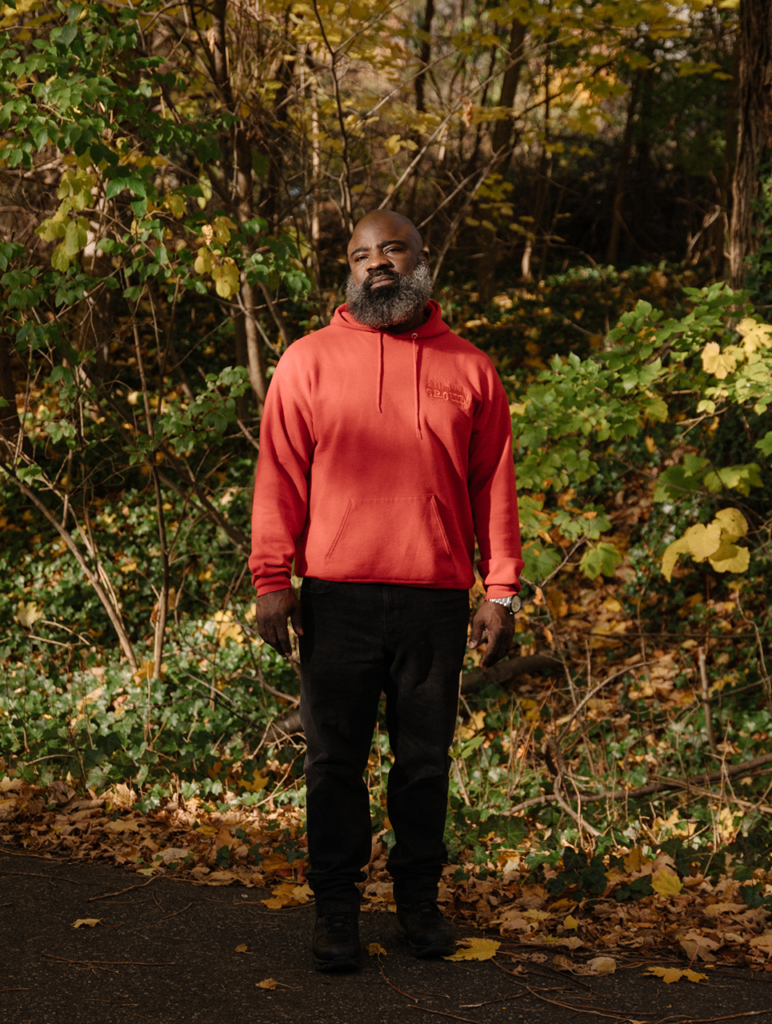In last month’s issue, I wrote about how Philly could start a City-run composting drop-off program. Unfortunately, the City might not have the staffing to mount such an effort. Forty years ago, when the City was launching its recycling program, it had 23 employees in its recycling office. Today, the Department of Sanitation has two. Neither the Office of Sustainability nor the Office of Clean and Green Initiatives has any employees focused solely on waste, and a recent plan to hire an employee to focus on organics was tied to an EPA grant that was put on indefinite hold by the Trump administration. If the City can’t run the program — but could fund it — a public-private partnership might be the answer.
One public-private partnership model is a drop-off program at farmers markets. Since they are places people already go to for food, and they attract people who are familiar with composting, education barriers are low. People would also be able to drop off at no cost. This is an approach that has been adopted in cities such as New York and Washington, D.C. We know Philadelphians are interested in this model. Nearly every time Bennett Compost has tabled at a farmers market, someone asks us if we are collecting food scraps.
A second public-private partnership would be a drop-off program at neighborhood stores. As with farmers markets, people already purchase food at these places, so there is a natural tie to composting. Located throughout the city, these stores also have robust accessibility. Places like Mariposa Food Co-op and Weavers Way Co-op already have composting programs for their own waste, so the consumer drop-off could piggyback on this. Other participants could be recruited from programs like the Healthy Corner Store Initiative to make sure that access was spread equitably across neighborhoods. The stores would be financially incentivized to participate. This model has not been tested in robust ways in other cities, but there is potential for collecting lots of food scraps, and there is more flexibility to expand.
The third public-private partnership model would be a drop-off program at houses of worship, visited regularly by many. Many faiths have a built-in mission of stewardship, and strong ties within faith communities make education easier. Circle Compost currently runs a pay-what-you-can drop-off program in conjunction with Trinity Memorial Church in Center City. An expansion of this program with a wider network of houses of worship could collect lots of food scraps.
We at Bennett Compost have developed models based on all three of the abovementioned ideas — and shared them with the City. By using data we have gathered from drop-off program pilots we’ve conducted, interviews with operators of farmers market programs in other cities, and our own internal cost and weight metrics, we have calculated that a drop-off program using all three public-private models could collect up to four million pounds of food waste annually from 7,700 households for under $1.5 million. While this would be more expensive than the City-run programs proposed in my March column, it would divert more food from landfills. The collection of the material and the management of these programs could fall to the compost companies, freeing the City of that responsibility. Programs could launch within a year.
Every City employee I have met is hard-working, smart and well-intentioned. But at the current staffing levels, they may not have the bandwidth to roll out a drop-off program for organics. Rather than kicking the can down the road, let’s effect a public-private partnership to start moving food waste management forward in Philly.
